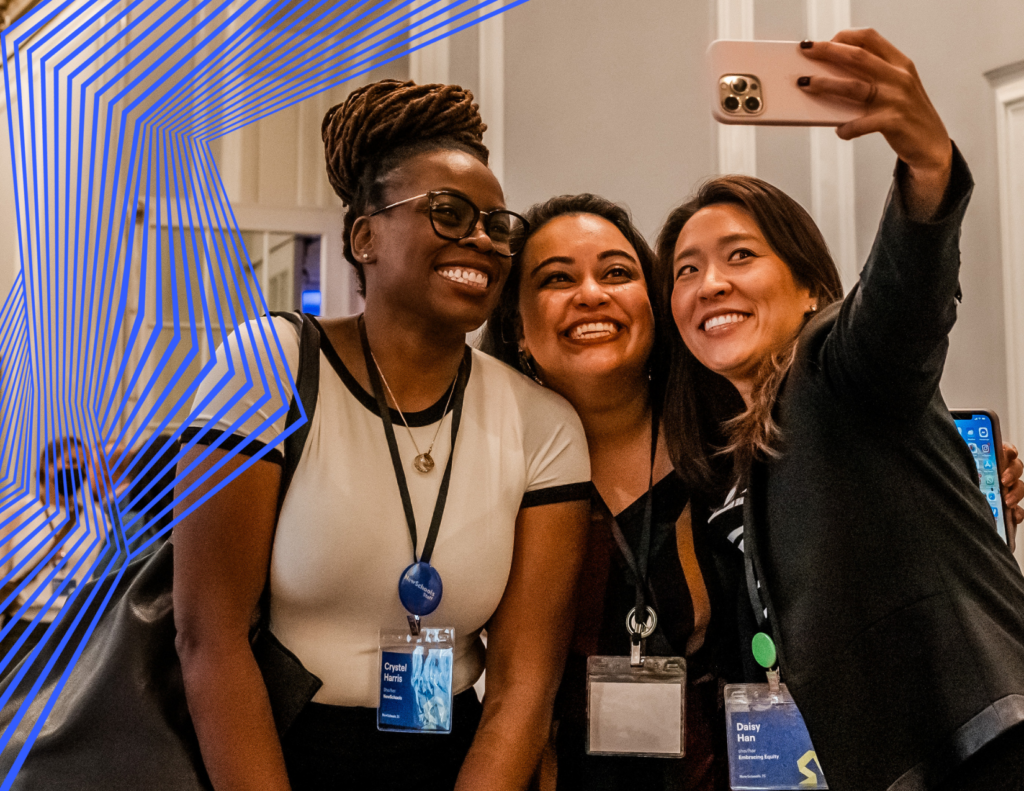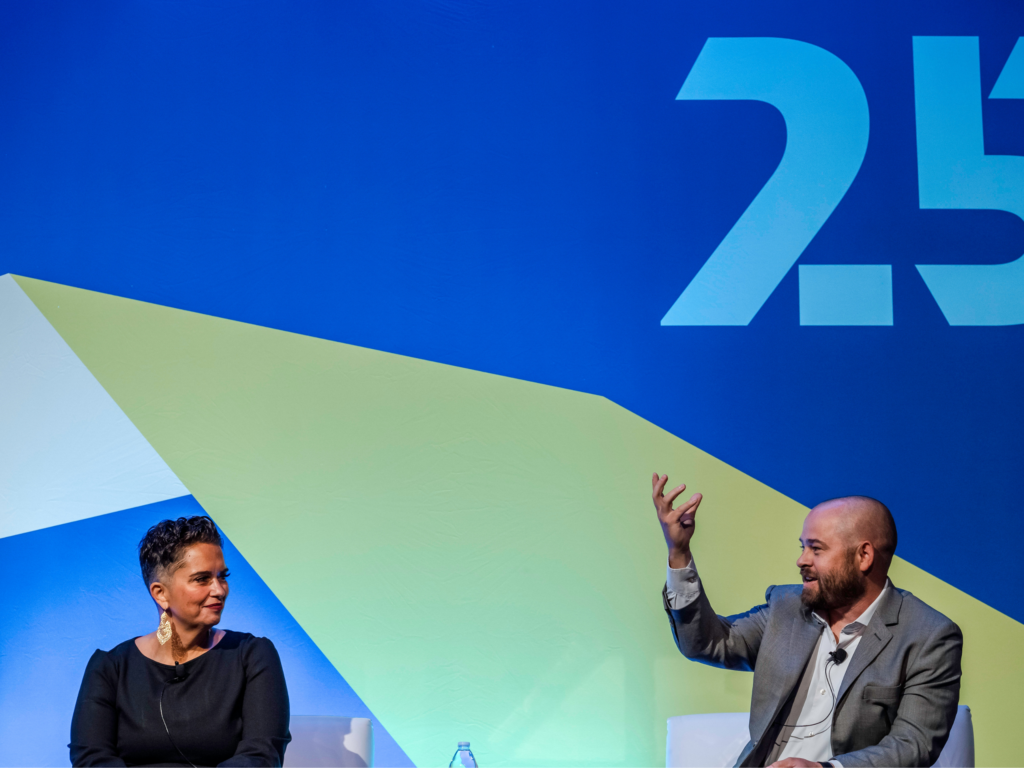This candid and thought-provoking session was led by John B. King, Jr., President and CEO of The Education Trust. Joining him as panelists were Anita Wadhwa, Amanda Aiken, Ric Zappa and Valissia Allen.
- Amanda Aiken, former Senior Director of Schools for Nola College Prep in Louisiana
- Eldridge Greer, Associate Chief of Student Equity and Opportunity in Denver Public Schools
- Ric Zappa, Director of School Culture for KIPP Bay Area
- Valissa Allen, Founder and Head of School at Leadership Prep in Memphis, TN
- Anita Wadhwa, Restorative Justic Specialist at YES Prep in Houston, TX.
The session discusses ways in which leaders are building positive school cultures and re-examining the role of discipline in their schools and kicked off with a powerful video showcasing students’ voices about the discipline approaches at their school. John King set the frame by explaining the policy environment. In 2013-14, nearly three million students were suspended from school. Those who are suspended are more likely to be retained, drop out and even incarcerated. Suspension is a contributing factor to the school to prison pipeline. These inequities happen alongside other inequities for low-income, students of color in education. He explained that there’s a national conversation about this and that effort has a lot of momentum. 27 states have changed laws around aspects of discipline, among other changes.
The panelists ranged in their approaches to rethinking discipline, from restorative justice programs, to mindfulness, to youth apprenticeship programs and “accountable, but loved.” Each panelist spoke about the ways in which they’ve been tackling implicit bias in their schools. Aiken spoke to having very direct conversations with teachers, providing training and flipping the power dynamic by having students interview teachers. Greer talked about looking into 10 years of data on suspensions and expulsions and disaggregating it by race to tell the story of Denver and create opportunities for teachers to learn. Zappa spoke of the importance of educating ourselves about what’s really happening in our schools. Valissa explained that teachers need to call it out when they see it. And Wadhwa explained that we need to be very transparent about our experiences and constantly re-program ourselves. John King asked panelists about their perspectives on the debate between academic urgency and discipline reform. Participants shared concerns around poor implementation of restorative justice practices, named the tension as a “false dichotomy” between academics and discipline and expressed that students’ sense of belonging and community is part of their education and that we have a responsibility as adults to address all of these issues.
Cami Anderson, former K-12 superintendent, said that the panel was “The best panel on education she’s been to in 22 years.”


